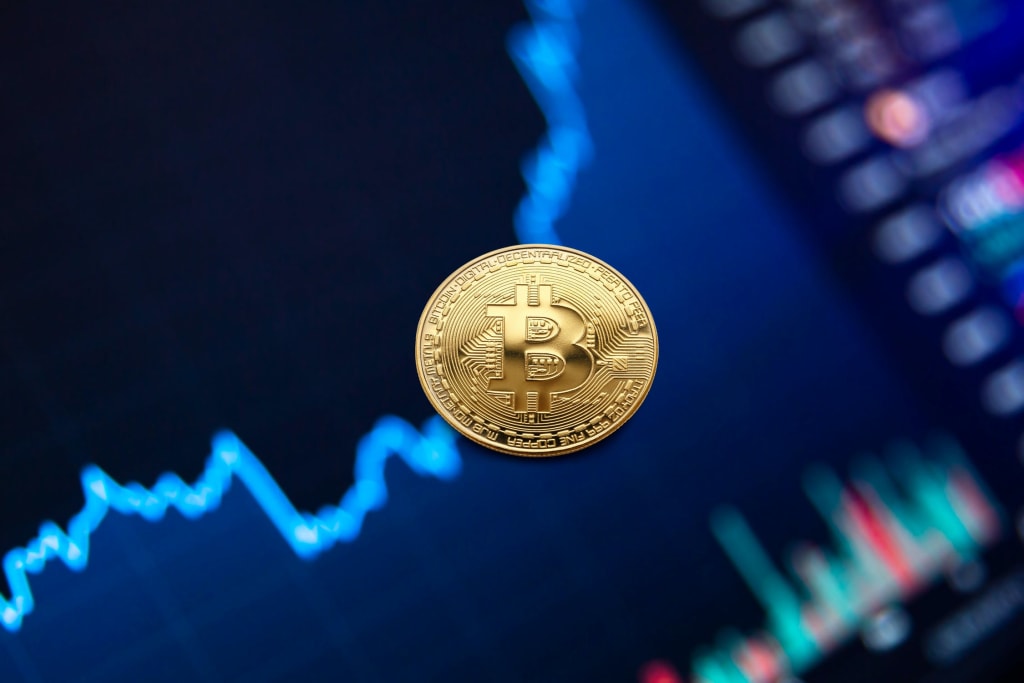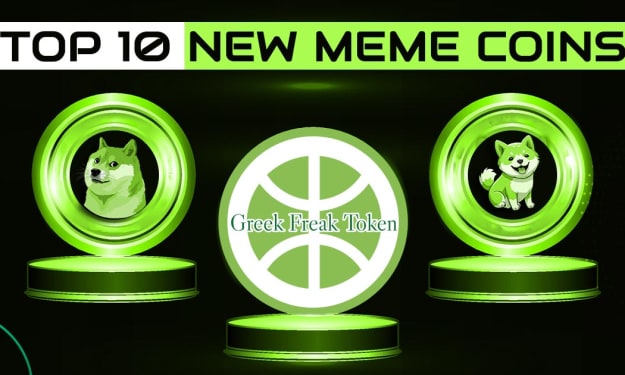Blockchain Use Cases and Killer Applications
Blockchain Use Cases and Killer Applications

The production process, health, commerce, marketing and entertainment, financial sectors, insurance, transportation and mobility, petroleum & gas, and gaming are all businesses that employ blockchain technology. The following are some of the most promising blockchain application cases:
Cryptocurrencies:
The Online currency is today's 'killer app' for blockchains. Best Crypto Currency Platform allow you to send money around the world more quickly and cheaply than you can with a bank. Polkadot (DOT), NEO, Cardano (ADA), Tether (USDT), Binance Coin (BNB), and Litecoin are some examples of modern currencies other than Bitcoin and Ethereum (LTC).
Cryptocurrencies will no longer be seen as outcasts but alternatives to existing monetary systems. Their benefits, such as security, speed, minimal transaction fees, ease of storage, and relevance in the digital era, will be recognized.
Smart Contracts:
These blockchain technologies are a type of contract that runs themselves without the need for a middleman if certain criteria inscribed into software code are satisfied.
Decentralized Banking:
Blockchain technology is constantly being used in financial services. Many banks, including Barclays, Corporation Bank, and UBS, are curious about how blockchain might improve the efficiency of their rear settling processes.
Video games and art:
You've probably heard of Crypto Kitties, a game based on the Ethereum blockchain. One of the show's digital dogs was sold for more than $100,000.
Peer-to-peer Energy Trading:
People buy and sell power without the use of a middleman.
Tracking the supply chain and logistics:
Blockchain is often used to monitor the origins of rare metals and foodstuffs. Walmart and IBM, for example, collaborated to develop a food traceability system based on open-source ledger technology to make tracing tainted food easier.
Healthcare process optimization:
Blockchain has the potential to reduce the time it takes to pay out an insurance claim to customers and to keep and safely communicate medical documents and information.
Real estate processing platform:
Individual property data may be safely saved and validated on the blockchain, which is a property investment transaction platform. Because these documents can't be manipulated, you can expect them to be correct and confirm land ownership more readily.
NFT marketplaces:
These are online stores where you may buy no fungible tokens (NFTs), which are digital representations of items like art and apparel.
Tracking audio royalties:
Blockchain can monitor music streaming and compensate those who contributed to a song right away.
Anti-money laundering monitoring system:
Because every activity on the blockchain is recorded and provides a vandal trail, regulators may more easily identify the initial source of cash?
Personal identification security:
Current identity storage solutions are unsecure and dispersed. Blockchain creates a single, unchangeable, and extensible platform for securely storing and managing documents.
Peer-to-peer insurance:
Peer-to-peer insurance, parametric insurance, and micro-insurance are examples of new health coverage distribution systems.
Automated Advertising Campaigns:
Advertisers may use decentralized applications to automate marketing campaigns, such as showing an ad to a certain market only when certain conditions are satisfied.
But TechPay is the latest blockchain technology that is being employed these days. TechPay will send and receive payments in real-time, as well as allow information to be added to the chain at a rapid pace with no delays or spam. All of the present blockchain problems may be addressed with TechPay. Daily transactions and a succession of the same item categories on top of their own are two features of TechPay. The programming language that generates smart contract bytecode is called TechPay Network, and it is based on Scala. Techpay is made up of three levels, each of which is responsible for ensuring payment integrity. Every second, 300,000 transactions are registered in TechPay. All of the features and applications mentioned above are also available through TechPay.





Comments
There are no comments for this story
Be the first to respond and start the conversation.